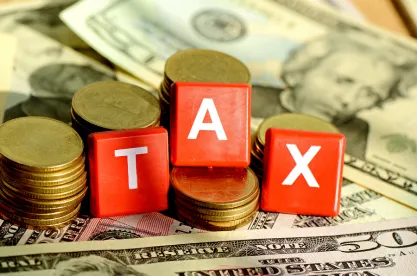On December 19, 2017, DC Councilmember Mary Cheh introduced the District Tax Independence Act of 2017 (Act), which would require the Chief Financial Officer (CFO) to submit a report outlining the steps and amendments necessary to decouple the District’s tax deduction laws from federal law. As introduced, the Act would require this report by no later than April 30, 2018.
The Act was referred to the Committee on Finance and Revenue the same day it was introduced and has not been taken up by the committee, which has been dormant since and is not currently scheduled to meet again until the Council returns in late January. The legislation is co-sponsored by Councilmembers Allen, Evans, McDuffie, Bonds, Gray, Nadeau, R. White, Grosso, Silverman, T. White, and Chairman Mendelson. Notably, all members of the Committee on Finance and Revenue—including Chairman Evans—are co-sponsors.
Practice Note
The introduction of the Act signals the Council’s overwhelming disapproval of the federal tax reform enacted by Congress and signed by President Trump on December 22, 2017. This is a process that is likely to take place across the country as states begin to assess the revenue impact of the federal tax reform legislation on their state corporate income and franchise tax regime.
The District currently conforms to many federal deductions on a rolling basis for purposes of the Franchise Tax, which is imposed on both corporations and unincorporated entities. See generally DC Code Ann. § 47-1803.03. As part of the decoupling process, the CFO and Council will need to determine which deductions to alter to avoid a significant revenue loss and what the DC treatment should be. Furthermore, the CFO and Council should consider which deductions are necessary to retain due to related increases to the federal tax base, which DC utilizes as the starting point for Franchise Tax purposes. The effective dates and relation to 2017 return deadlines will be critical to monitor as this process moves forward, as several portions of the federal tax reform are effective for the 2017 tax year—meaning the corresponding District changes (if any) will need to be retroactive since returns (absent extensions) are due before the CFO’s report to the Council is.






 />i
/>i


